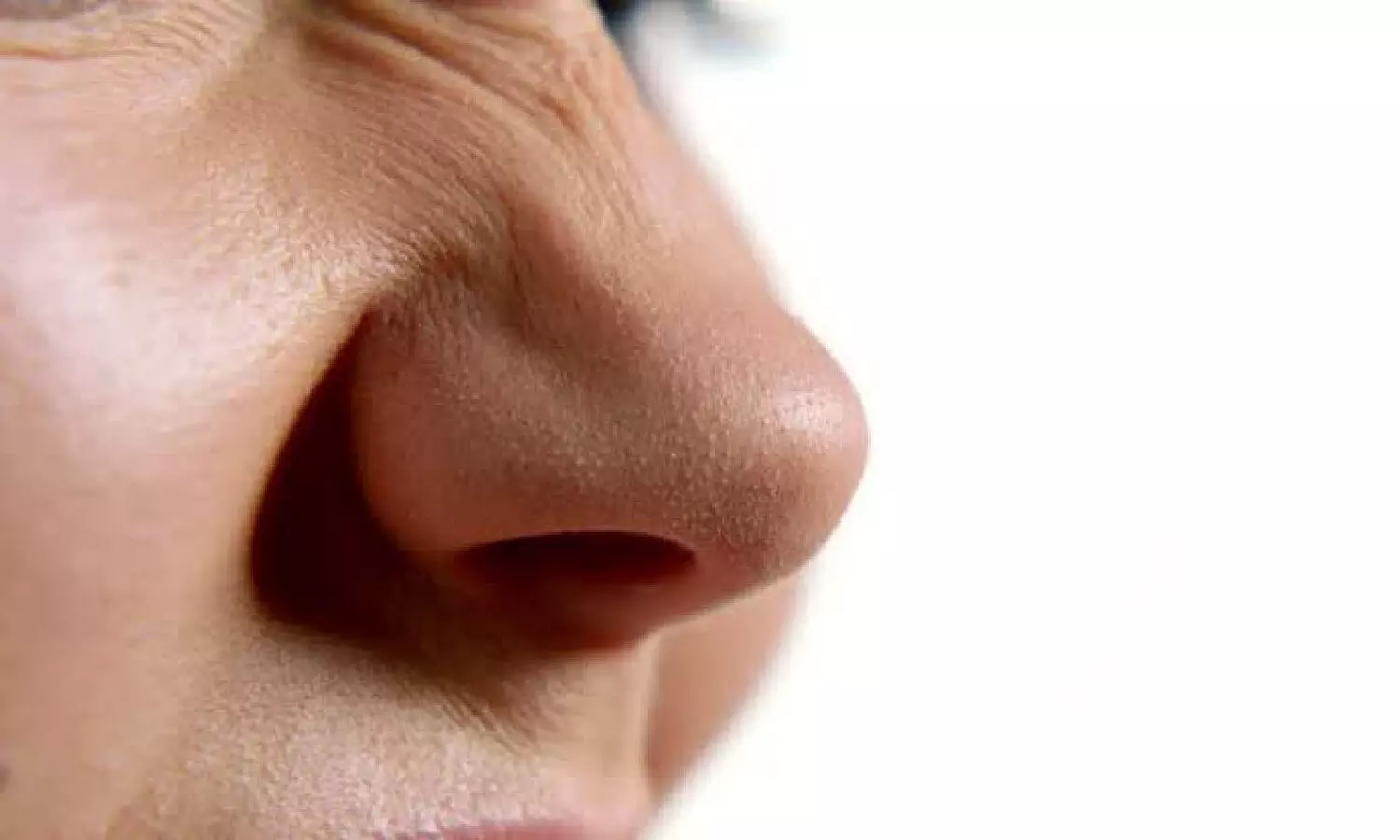Hyderabad monsoon: How changes in smell patterns indicate underlying illness
Why are doctors asking Hyderabadis to treat smell changes seriously
By Anoushka Caroline Williams
How changes in smell patterns indicate underlying illness
Hyderabad: As the first rains fall, most of us instinctively take a deep breath. Petrichor—the earthy scent of rain hitting the dry ground—is comforting, familiar. But what happens when that smell feels faint, distorted, or even offensive? In Hyderabad’s monsoon season, the answer may lie not in the weather, but in your body’s response to it.
Doctors are now urging people to treat changes in smell perception as more than a passing nuisance. They may be the earliest signs of underlying illness.
How Illness Alters the Sense of Smell
The olfactory system is surprisingly delicate. It relies on nerve endings in the upper part of the nose, which detect airborne particles and send signals directly to the brain. This system is easily disrupted by inflammation, viral infections, and even minor swelling in the nasal passages.
“In monsoon months, we see a spike in complaints of blocked noses and reduced smell,” says Dr. Meera Raj, ENT consultant speaking to Newsmeter. “What’s often overlooked is that smell loss can precede more visible symptoms of sinusitis, viral fever, or even neurological issues.”
The Three Most Common Smell-Related Complaints
1. Hyposmia (reduced smell)
Often temporary, hyposmia is usually caused by nasal congestion or swelling of the sinuses. During monsoon, this is commonly linked to allergic rhinitis or upper respiratory infections.
2. Anosmia (complete loss of smell)
If someone suddenly stops smelling even strong scents—like coffee, perfume, or petrol—it may suggest viral damage to the olfactory nerve. COVID-19 made this condition more widely known, but other viruses can have similar effects.
3. Parosmia or Phantosmia (distorted or phantom smells)
Some people report smelling burnt rubber, chemicals, or decay, even when nothing is around. Others say their favorite foods now smell “rotten” or “metallic.” This may indicate damage to olfactory pathways in the brain, not just the nose.
Why Monsoon Makes It Worse
Monsoon brings high humidity, damp indoor spaces, and rapid changes in air pressure. All of these can create a perfect storm for ENT issues.
“Fungal growth inside homes—especially behind cabinets or in air conditioners—is a silent trigger,” says Dr. Kiran Reddy, a pulmonologist. “People don’t realize they’re breathing in mold spores daily. Over time, this can inflame nasal tissue and dull the sense of smell.”
The Urban Smellscape of Hyderabad
In older parts of the city like Abids and Malakpet, open drains and stagnant water release hydrogen sulfide and ammonia, making the air acrid. In IT zones like Hitech City, wet construction dust mixes with vehicular exhaust. For a healthy nose, this may just be unpleasant. But for someone with a compromised olfactory system, these smells can feel overwhelming—or absent.
Interestingly, doctors say that patients with smell dysfunction sometimes become more sensitive to bad odors but less responsive to good ones. “It’s not uncommon for people to tell me, ‘I can smell the garbage but not the biryani,’” says Dr. Meera.
When to Pay Attention
A sudden or gradual change in smell perception should not be ignored—especially if it lasts more than 7–10 days. Experts recommend watching for the following red flags:
• Inability to smell familiar things (soap, flowers, food)
• Food tasting bland or strange
• New aversion to smells you once liked
• Sensation of ‘chemical’ or ‘burnt’ smells without a source
If these symptoms appear during or after a bout of fever, cold, or throat pain, it’s likely related to infection or inflammation. But if they persist even after recovery, further tests may be needed.
The Deeper Connection: Smell and the Brain
Olfactory nerves are the only cranial nerves directly exposed to the environment. This makes them particularly vulnerable—but also valuable as diagnostic tools. Smell dysfunction has been linked to early signs of Parkinson’s and Alzheimer’s disease.
“While that’s rare, persistent changes in smell—especially distortion—should not be shrugged off,” says Dr. Himesh Kulkarni, a neurologist. “Your sense of smell is a window into your nervous system.”
Self-Test: Try the “Three Smell Check” at Home
Doctors suggest a simple home test during monsoon:
1. Strong scent – Try smelling coffee powder or perfume
2. Subtle scent – Light a match or sniff freshly chopped coriander
3. Unpleasant scent – Open a garbage bin or check a damp corner
If you consistently struggle to detect these or notice odd distortions, consult an ENT specialist.
Prevention and Recovery
• Ventilate damp areas: Keep windows open when possible; use exhaust fans.
• Steam inhalation: Clears nasal pathways and helps restore smell.
• Nasal saline rinses: Reduce allergen load and microbial buildup.
• Avoid strong synthetic fragrances: These can overwhelm recovering nerves.
• See a doctor if symptoms persist beyond two weeks.
Final Note: Don’t Ignore the Nose
In the swirl of monsoon illnesses, the nose often gets dismissed. But subtle shifts in smell—especially during a season of heightened microbial activity—can be powerful clues. Hyderabad’s changing air carries both beauty and warning. Listening to your senses, quite literally, could keep you ahead of illness.